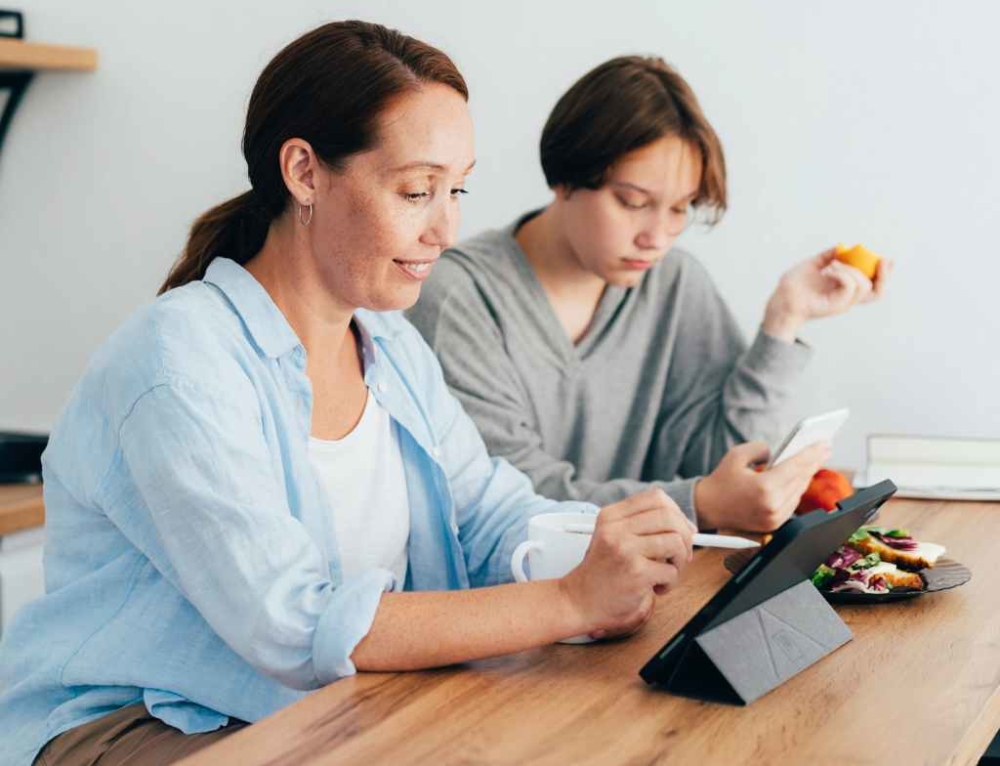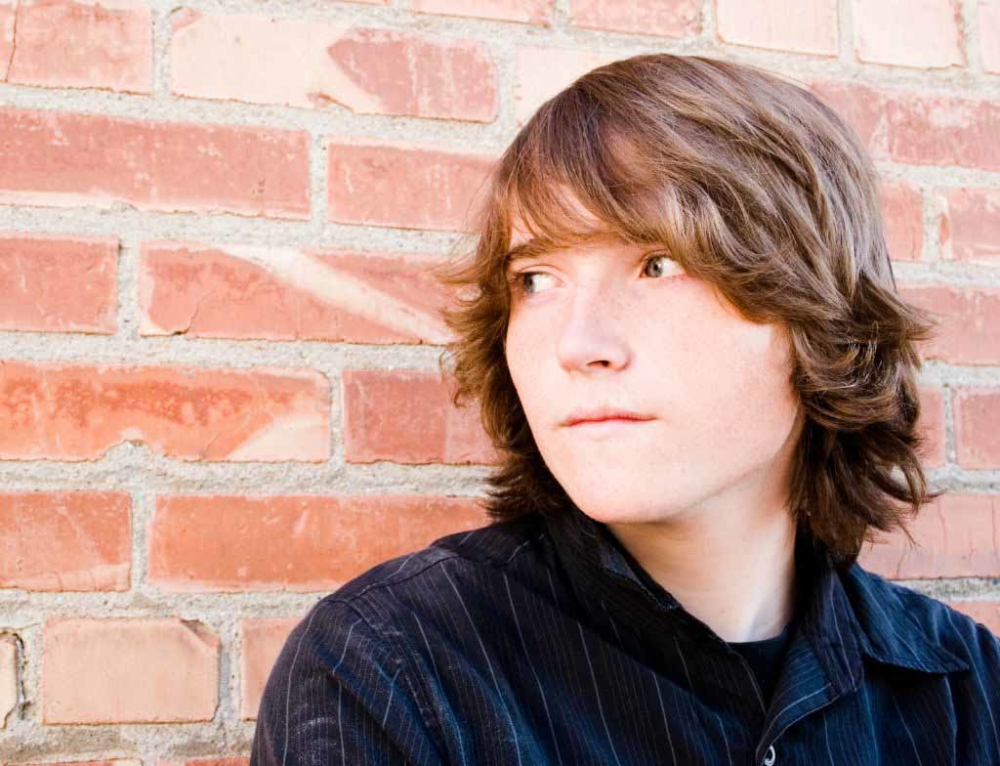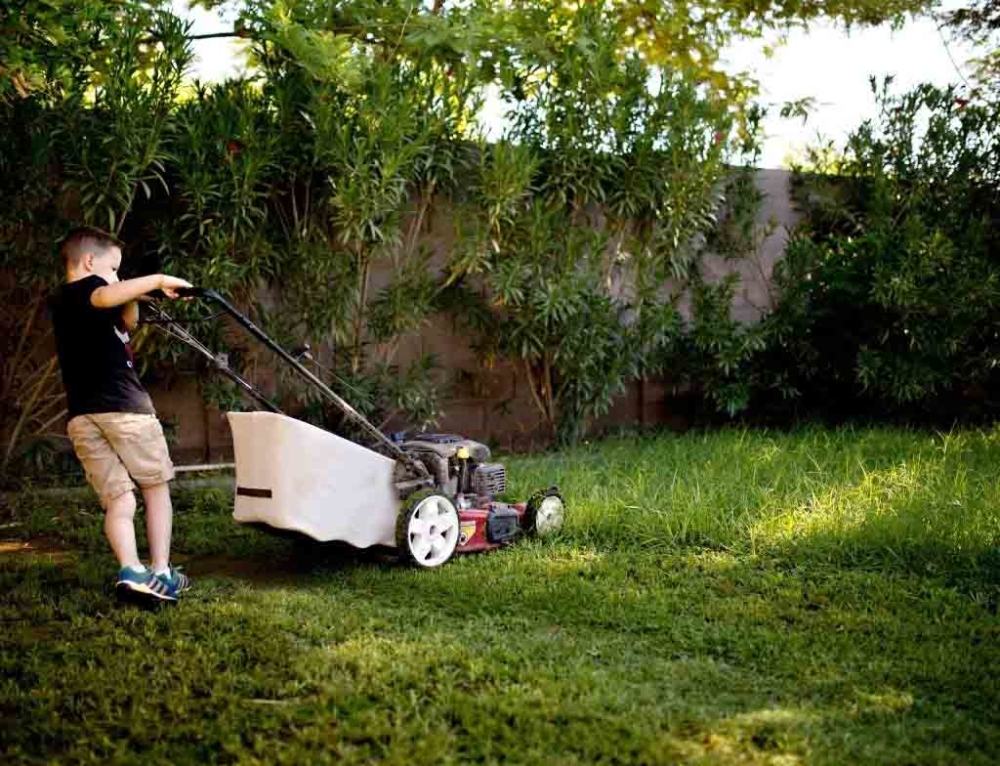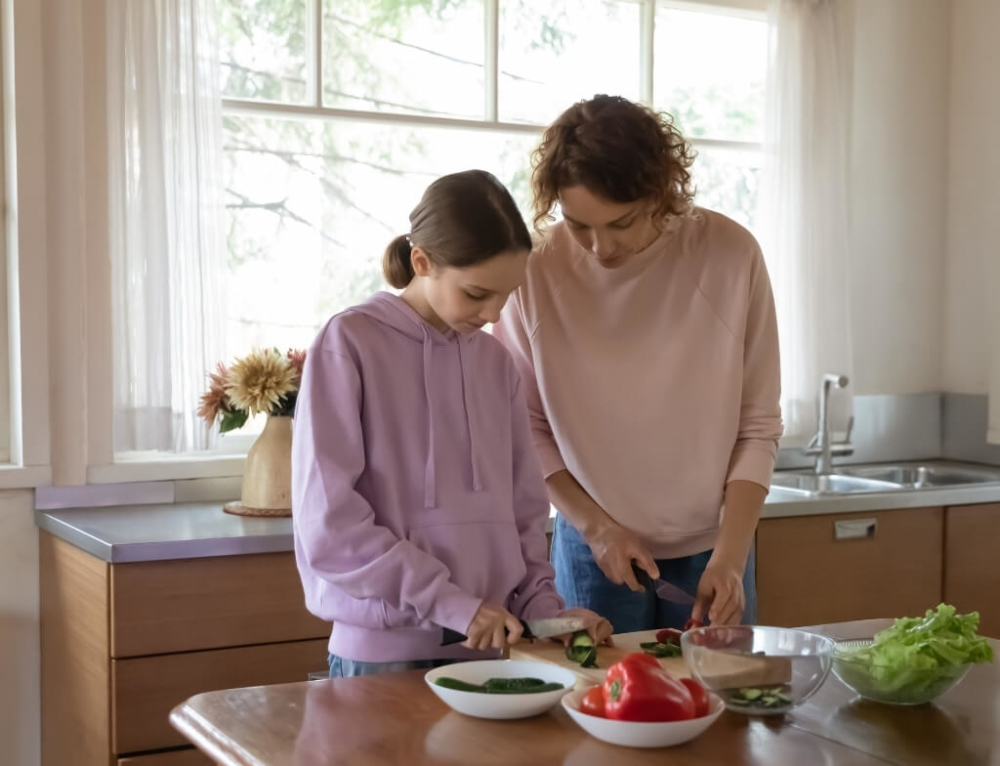It can be very difficult when a young girl hits puberty early. Especially when all her classmates, and indeed she, still seem just like little girls. If your daughter starts puberty early, she will need a lot of help, guidance and support from you. As well as dealing with a changing body, she will face further difficulties such as dealing with the reaction of her friends, peers and even adults. The best way to do this is be informed.
What is precocious puberty?
Puberty is described as precocious or early, when breasts develop in a girl before eight years old or periods start before nine.
Why does precocious puberty happen?
Puberty begins when the sex hormones start to be produced by the body, usually around 11 years old in girls. When puberty is precocious these hormones are produced earlier. In most cases, especially with girls, there is no sinister or underlying reason why puberty begins early. In some rare cases, there can be serious problems in the brain, such as infection, a head injury or tumours, that are causing the symptoms. For this reason alone, it’s important to get your daughter examined by your GP. If you think your daughter is going through puberty early visiting your doctor can be also be a good idea simply to diagnose that is what is actually happening and also to get some support and possible treatment.
What is happening to her body?
Going through puberty early means that she’ll develop earlier (her breasts and pubic hair will grow) and she’ll start her periods earlier. Most likely she’ll also have a growth spurt and appear to be head and shoulders above her classmates, while she’s tall now, it’s probable that she’ll stop growing earlier. Many girls who start puberty earlier end up being shorter adults.
What is happening to her mind?
Mental development is not associated with puberty. So while your daughter may be developing the body of a woman, she’ll still have the mind of a child. Although she may seem older, it’s probably due to the way she looks. Some girls may start behaving like a moody teen due to the production of the puberty hormones.
How can I help her?
When a girl goes through puberty early, she will need a lot of support and a lot of guidance.
- Puberty is a difficult time for anyone and it can be even more so when it happens early.
- It’s likely that she’ll be scared and unsure of what her body is doing, after all she still only has the mind of a child.
- Make sure you explain exactly what is happening and why it’s happening.
- Explain to your daughter that everyone will eventually go through the same changes, they will just go through it a little later.
As she will probably look different – taller and with developed breasts – she most likely feel like the ‘odd one out’
Girls who go through puberty early often feel self-conscious and embarrassed about their bodies. It doesn’t help that a lot of girls who go through puberty early are teased. In fact, teasing can be the worst part of precocious puberty. To help your daughter, make sure you do things that boost her self-esteem.
- Focus on her good points and the things she can do well.
- Always compliment on how she looks.
- Make sure that you listen to her concerns and help her develop ways to cope with any teasing, you may need to take action with her teacher or school if there is serious bullying.
- It’s not just children who can be hurtful with their comments, so try and protect your daughter from comments from other adults.
- Remember, although your daughter may look grown up she’s still a child inside.
- Don’t overburden her and expect too much from her.
- Allow her to be a child despite her appearance.
Offering guidance and support
It’s also important to support and listen to your child, but don’t make too much of it. It may be hard for you to see your little girl turning into a woman so young, but it will make it worse for her if she sees you upset by it. Remember in a few short years, her peers will have caught up and this time will have passed.
This article was written by Corinne Draper for Kidspot New Zealand. Sources include Child and Youth Healh, All Health and Australian Doctor.







Leave A Comment
You must be logged in to post a comment.